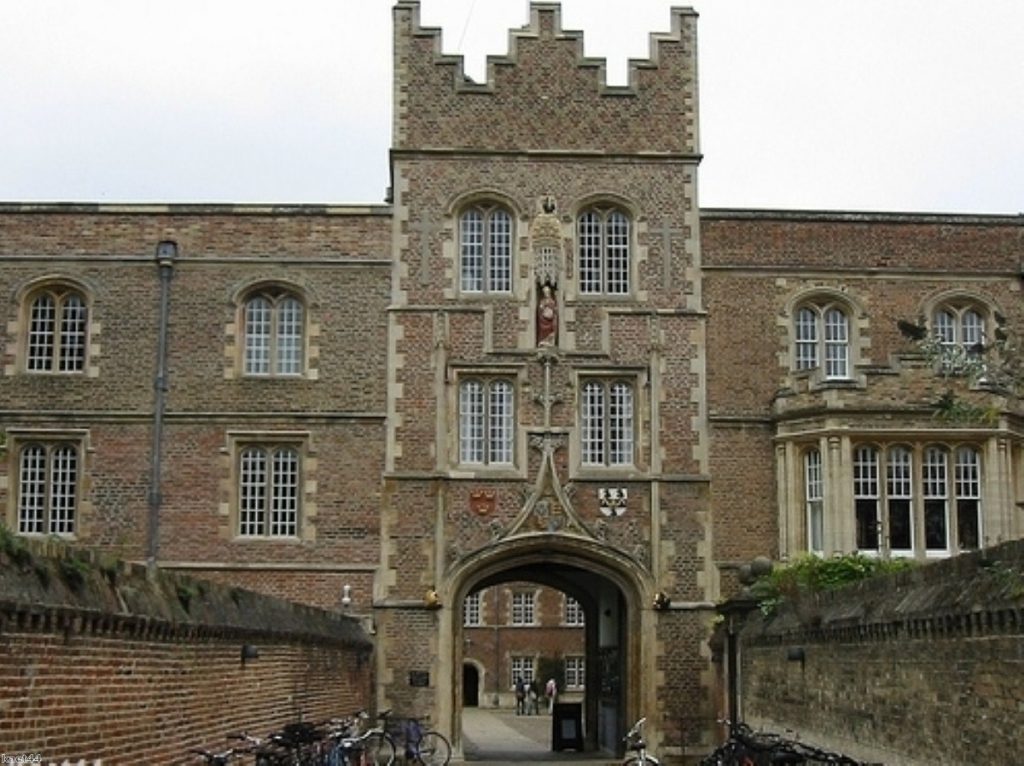Left-wingers play down graduate tax split
The graduate tax is too similar to the government’s tuition fees proposals to warrant a major political dispute within the Labour party, left-wingers have claimed.
Figures debating higher education at a Progress event in parliament this week suggested the split between Ed Miliband and his shadow chancellor on the issue was unnecessary.
Alan Johnson is fundamentally opposed to a graduate tax while Mr Miliband, who only appointed him to the key post last month, believes otherwise.


The Conservatives have seized on the division as evidence of Labour’s poor start to life in opposition.
Former business minister Pat McFadden argued the graduate tax’s similarity to Lord Browne’s proposals meant it was not worth getting concerned about.
He pointed out that both proposals included similar elements. Graduates pay more if they earn more, begin paying at a specific income threshold and avoid paying altogether if they do not earn anything.
Part of the problem, he argued, was that “terminology about fees has inhibited understanding of this”.
“The last thing we want is for people to be cut off from the opportunity that we want them to seize,” he explained.
Mr McFadden pointed out that participation in higher education had increased rather than fallen following the introduction of top-up fees under New Labour – and that this was particularly the case among the working-class poor.
“The truth is that didn’t happen,” he added. “Participation went up following the voting change, it didn’t go down.”
The National Union of Students’ president Aaron Porter said Labour had been “responsible” in its response to the tuition fees proposal seen so far.
He warned against the emergence of a market in higher education which would not accurately reflect the reality of students’ experiences, however.
“I believe a price a university will set will be about its research profile and its overseas students… not necessarily quality for its undergraduates,” Mr Porter argued.
Later he suggested that there was unlikely to be as much price variability between universities as ministers anticipate.
“Price is seen as a signal of quality, so why would an organisation want to price themselves down in that way?” he asked.
Wendy Piatt, director general of the Russell Group of universities, argued that Labour’s graduate tax divide was an “own goal” for the party, “almost seizing defeat from the jaw of victory… because a graduate tax is so close to the system which Labour introduced”.
She was disagreed with by former higher education minister Baroness Blackstone, who called the Browne report “disgraceful”, “shabby” and “inaccurate”.
Current proposals will prove unworkable if the coalition presses ahead with them, she claimed, warning that the extent of future defaults has been underestimated and suggesting taxpayers will pay far more than the savings achieved “for many years to come”.









